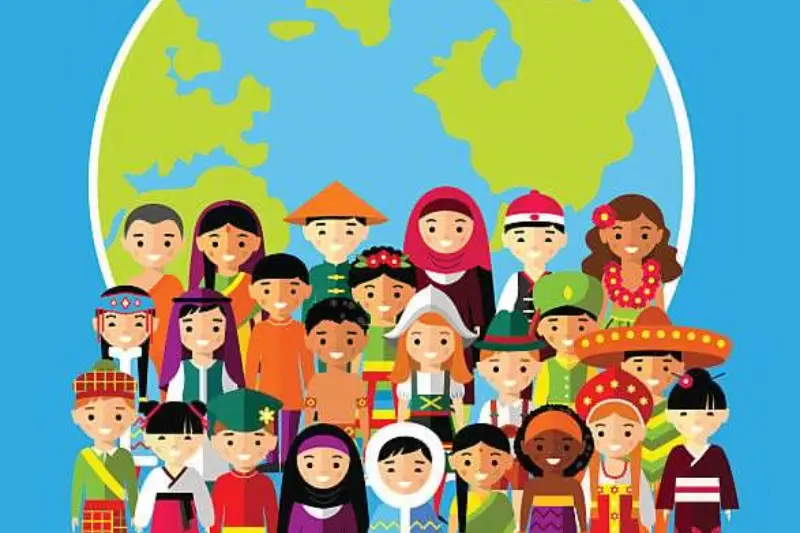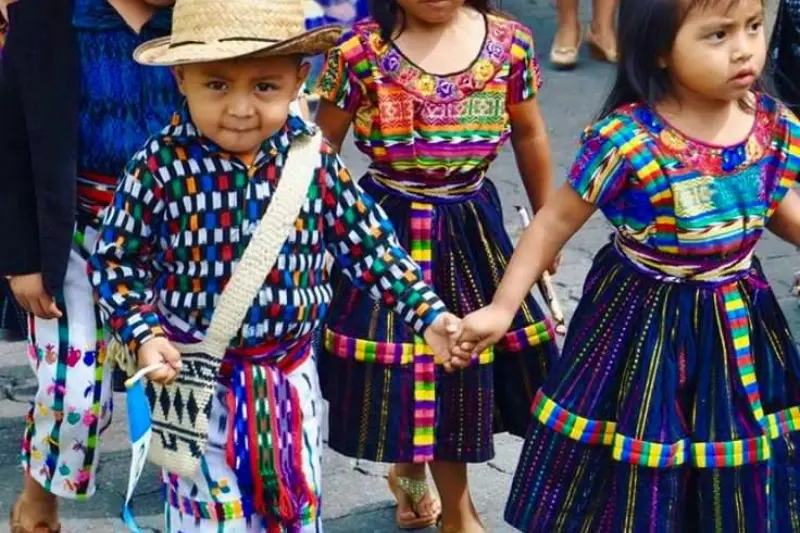Culture is the foundation of every society. It is the set of shared values, beliefs, traditions, practices, and behaviors that guide how people live together and interact with one another. When we ask why culture is important in society, the answer goes beyond art, music, or language. Culture shapes identity, preserves heritage, teaches morals, unites communities, and provides meaning to human life. Without culture, society would lose its direction and collective sense of belonging.
Understanding the Concept of Culture

Culture is not limited to visible practices such as clothing, festivals, or food. It includes both tangible and intangible aspects of human life. From the languages we speak to the rituals we follow, from the way we celebrate milestones to the values we pass on to children—culture influences every action. It reflects the wisdom of past generations and adapts to the needs of the present, ensuring continuity and growth.
Culture and Identity
One of the strongest reasons why culture is important in society is its role in shaping identity. People identify themselves through their cultural background, traditions, and values. This identity gives them a sense of pride and belonging. For example, a person may connect with their heritage through traditional music, clothing, or celebrations. Even in multicultural environments, individuals carry their cultural roots as part of who they are.
Preservation of Heritage and History
Culture serves as a living record of human history. Customs, literature, architecture, and art forms tell the story of how societies evolved over time. Preserving culture means preserving history for future generations. Museums, historical sites, and oral storytelling ensure that the struggles, achievements, and values of past civilizations are never forgotten. This is why culture is important in society—it keeps the link between past, present, and future alive.
Social Unity and Belonging
Culture unites people. Shared traditions, language, and values create social bonds that foster trust and cooperation. For example, national holidays, religious festivals, and community events bring people together regardless of their differences. This unity strengthens social harmony and reduces conflicts. Culture helps individuals feel they are part of something larger than themselves.
You may also like to read these posts:
What is Cultural Heritage and Why It Matters Today
Types of Cultural Festivals Worldwide: A Colorful Guide
Top Cultural Traditions Around the World-You Must Experience
Modern Culture vs Traditional Culture Key Differences
Teaching Morals and Values
When exploring why culture is important in society, it is impossible to ignore its role in teaching values. Culture guides how people behave and interact with one another. Respect for elders, hospitality, kindness, honesty, and justice are values deeply rooted in cultural traditions. These shared moral systems help regulate behavior and create a strong foundation for ethical living.
Influence on Education and Knowledge
Culture influences how knowledge is passed down from one generation to another. Folktales, songs, and rituals teach children about their history and values. Educational systems also reflect cultural priorities—whether it is science, art, religion, or philosophy. By blending traditional wisdom with modern education, culture ensures societies remain balanced and progressive.
Economic Importance of Culture
why culture is important in society Culture is not only about traditions; it is also an economic asset. Cultural industries such as tourism, handicrafts, music, and film contribute to national economies. Festivals attract visitors, museums generate revenue, and cultural products support artisans and craftsmen. This demonstrates another reason why culture is important in society—it sustains livelihoods and promotes development.
Cultural Diversity and Tolerance

why culture is important in society The world is made up of countless cultures, each offering unique perspectives and practices. Exposure to different cultures fosters tolerance, empathy, and understanding among people. Societies that embrace cultural diversity are more innovative, creative, and peaceful. This proves that culture is important not only for unity within a society but also for harmony between societies.
Cultural Expression Through Art and Creativity
Art, literature, dance, and music are powerful expressions of culture. They reflect emotions, struggles, hopes, and dreams of a society. Art helps people connect beyond language barriers and creates a universal bond. Cultural expression encourages creativity, which is essential for progress. This shows that culture nurtures not just identity but also innovation.
Role of Culture in Religion and Spirituality
Religion and spirituality are central to many cultures. They provide people with meaning, purpose, and moral guidance. Rituals, ceremonies, and sacred texts connect individuals with their spiritual beliefs. Understanding this connection helps explain why culture is important in society—it offers comfort, guidance, and strength during both celebrations and hardships.
Adaptation and Modernization
Culture is not static. While it preserves heritage, it also adapts to modern times. New traditions emerge, languages evolve, and lifestyles change with technology. A society that respects its culture while embracing change remains strong and progressive. This adaptability is why culture is important in society—it keeps people grounded in their roots while allowing them to grow.
FAQs About Why Culture Is Important in Society
What role does culture play in building identity?
Culture gives people a sense of who they are. It shapes their identity through traditions, beliefs, and practices. This identity creates pride, self-confidence, and a connection to their community. Without culture, individuals may feel lost or disconnected from their heritage.
How does culture influence social unity?
Culture unites people by providing shared values, celebrations, and customs. Festivals, language, and rituals help communities build trust and belonging. A strong cultural bond reduces conflicts and encourages cooperation in society.
Why is cultural preservation necessary?
Preserving culture is essential because it protects the history and wisdom of past generations. Without preservation, societies lose their heritage, stories, and traditional knowledge. Cultural preservation ensures continuity and keeps future generations connected to their roots.
Can culture affect economic growth?
Yes, culture significantly influences economies. Tourism, festivals, traditional crafts, and entertainment industries create jobs and generate revenue. A society that values culture can also use it to attract global attention and strengthen its economy.
How does culture promote diversity and tolerance?
By exposing people to different customs, languages, and lifestyles, culture encourages empathy and acceptance. Societies that respect cultural diversity avoid prejudice and foster peace, making them more innovative and progressive.
Conclusion
When we ask why culture is important in society, the answer is clear—it is the soul of humanity. Culture gives meaning to life, strengthens communities, teaches values, and preserves history. It shapes identities while fostering tolerance and creativity. Without culture, society would lack direction, unity, and purpose. By respecting and preserving culture while embracing change, societies remain strong, connected, and prepared for the future.




